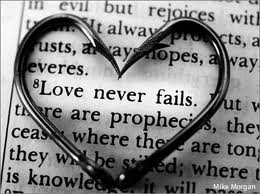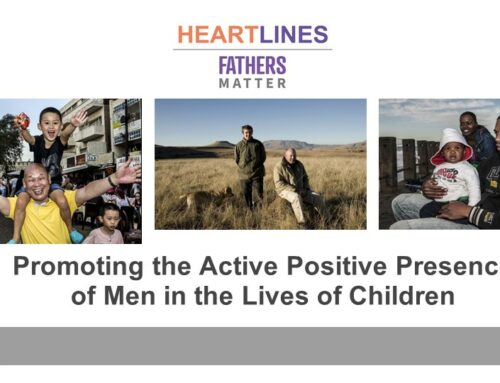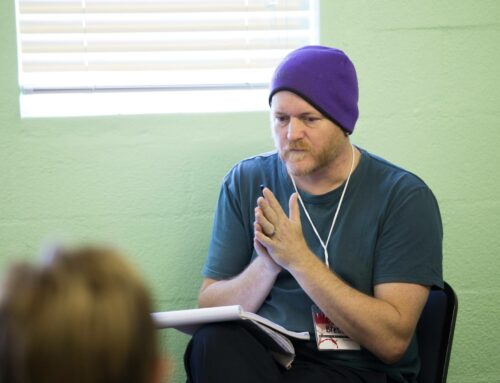i came across this article titled, ‘Loving Dzhokhar Tsarnaev’ [one of the suspected terrorists involved in the recent Boston Marathon bombing] shortly after it happened and it really made some strong points in terms of our role as Christ following people in the wake of such a horrific disaster.
the author, Adam Mabry, starts off by highlighting two opposing reactions which are equally unhelpful:
‘The first is the xenophobic, racial, and even religious hatred of my Muslim neighbors. The other is the willful ignorance of the religious connection to these terrorists acts—the blind assumption that all religions are created equal. Neither is good. Neither is truthful. And more importantly, neither is Christ-like.’
Adam then draws upon the ideas in Romans 12, without specifically quoting it, in terms of the need for us to be living with transformed minds or as he puts it, ‘Christians must have Christian minds.’
And then he continues to give four examples of the kind of minds Christians need to have [and i encourage you to follow the link at the end and read the original article in its wholenessity]:
[I] Christians Should Believe Christianity is Right
Certainly not a PC statement to begin with and one we seldom hear much of today, but I completely agree with him. If we are following Jesus it is because we believe Him to be who He said He was and about what He said He was about – it’s not simply because we feel like it’s a fun idea to pursue while everyone else pursues their own equally fun ideas.
‘To quote Tim Keller, “It is no narrower to claim that one religion is right than to claim that one way to think about all religions is right.” It just won’t work to say, “All religions, faiths, and belief systems are equally valid, and if you don’t agree you’re a bigot.” The idea falls in on itself because, in making a claim that exclusivity is wrong, you’re excluding the exclusivist. Darn that logic, ruining all our fun.’
[II] Christians Believe Loving our Neighbor is Right.
‘If Christians really believe Christianity is right, then we’ll be fiercely committed to Christ, who commanded us to love our neighbor. How did Jesus interact with those of different religions?’
[III] We should believe in sin.
‘We shouldn’t wring our hands and have to qualify our hatred of evil. Jesus didn’t. When we see evil in the world, call it evil. When we see evil in the church, call it evil. When we see evil in other religions, call it evil. If Christians, who are supposed to know Truth, cannot identify evil, we merely demonstrate that we are wrong, ignorant, or complicit with the evil we won’t name. This does the world no favors.’
[IV] We should believe in grace.
‘Part of the problem with the culture war was that it went about loudly labeling what was wrong but only quietly proclaiming what was right. If we believe Christianity is right then we will invite everyone everywhere (including our Muslim neighbors whom we love) to experience the grace extended to humanity by Jesus Christ.’
That is just the heart of the article but you can read the rest of it over here.
What I liked about it was that it held strongly to the heart and substance and essence of what following Jesus is meant to be about without sacrificing any of the Grace, Love and Forgiveness that we are meant to be about either. Too often today it feels like people feel trapped into picking one side at the expense of the other. Jesus never did that and we should not have to either.
There is a way to condemn the evil, while continuing to love evil people who are as in need of a Saviour as we once were [and probably still are].







[…] How to condemn evil while loving evil people […]
[…] How to condemn evil, while loving evil people […]